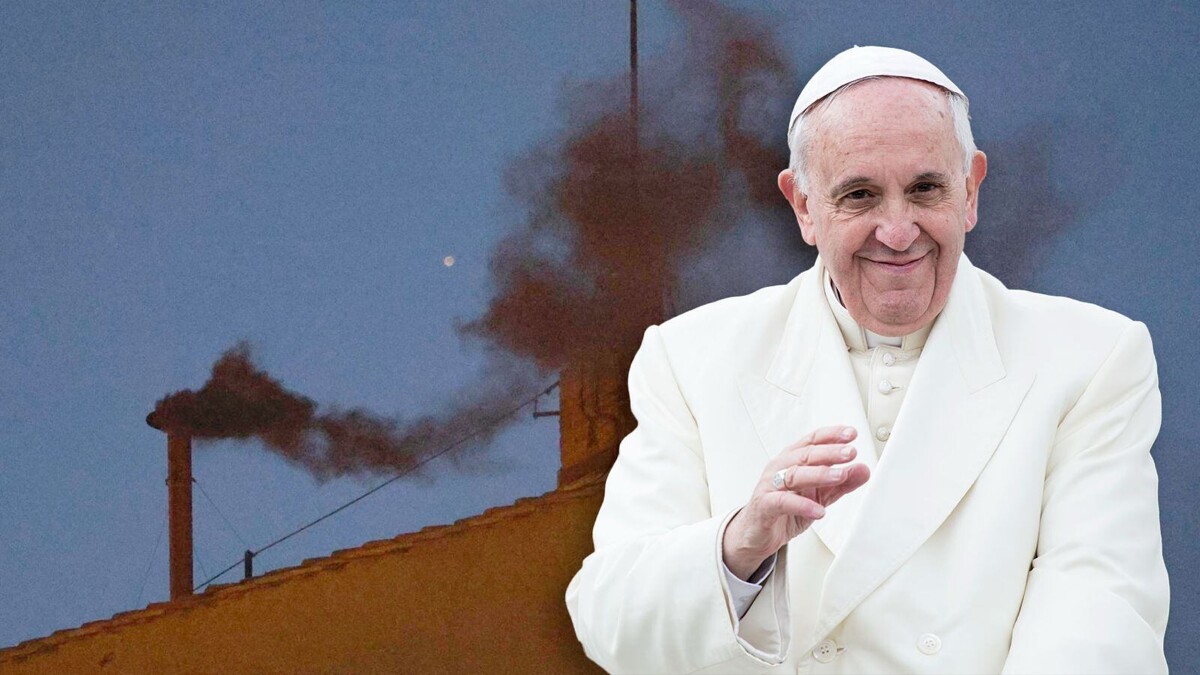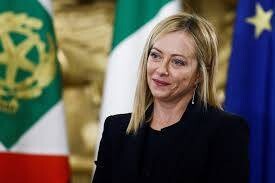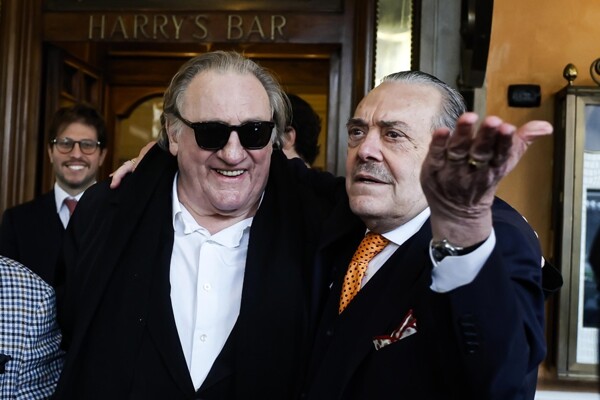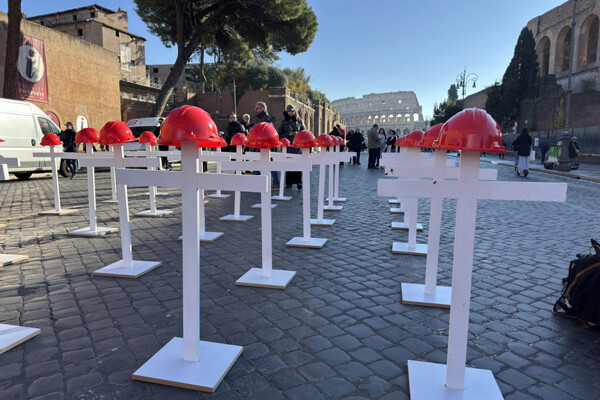
The first round of voting in the Vatican's conclave of cardinals did not achieve a qualified majority, reflecting the existing polarization within the Catholic Church. This scenario highlights the alliances and interests at play among the cardinals during the election of the successor to Francis.
Inside the Sistine Chapel, a power struggle similar to that of politicians unfolds, with resentment, betrayals, conflicts, and court intrigues marking the selection process. The division between conservative and progressive factions complicates unity and decision-making.
Beyond the election of the next pope, the Catholic Church faces significant challenges such as the decline in vocations, the scandals of sexual abuse, the need to adapt to modernity, and to include women and the LGBT+ community. The crisis of vocations affects the availability of personnel for pastoral and administrative tasks.
The Church's image has been harmed by cases of sexual abuse and the cover-up of those responsible. Poor financial management in various dioceses, corruption, and opacity in the Vatican's finances also create economic challenges that must be addressed with transparency and efficiency.
The new Pope will have to face a series of challenges, from the Church's internal conflicts to global economic and warfare challenges. The need to adapt to new circumstances and challenges becomes crucial in a world where secularism is advancing, even though the spiritual need of human beings remains fundamental.














